Photographs: Adnan Abidi/Reuters Mihir S Sharma in New Delhi
Raghuram Rajan comes to his new job as governor of the Reserve Bank of India with a formidable reputation as an academic economist and scholar of financial regulation.
He has the distinction of being one of those who accurately predicted the errors being made by the financial sector prior to the meltdown of 2008 – a statement that was famously dismissed as “slightly Luddite” by Larry Summers, who might soon be his counterpart at the United States Federal Reserve.
However, he takes over at Mint Road at a time when the governor’s job is even less easy than it is normally; India stands on the brink of economic crisis, and every error he makes could be magnified.
What are the ways he could really make a difference? And can he put out the fires engulfing the Indian economy?
Click on NEXT to find out how Raghuram Rajan could help the economy...
How Raghuram Rajan can save and kill the Indian economy
Photographs: Danish Siddiqui/Reuters
Rajan could restore the RBI’s credibility
National currencies are no longer backed with gold, or anything tangible at all; they’re backed by something completely intangible, called “credibility”. Central bankers are traders in their credibility, building up stocks in good times and using it to surprise and guide the markets in bad times.
Rajan comes to the RBI as its first non-bureaucratic governor in a long time, and as someone whose views on monetary policy and financial regulation are widely known.
Further, he is respected – and employable! – independently of the government in New Delhi. So, as with Ben Bernanke, the amount to which he is dependent on the whims of the politicians who nominated is minimal.
The RBI has sent out confused signals over the past few weeks, in which it has defended the rupee’s value through counter-productive measures without even the slightest bit of communication as to its objectives.
Rajan-the-academic will know that’s wrong. If Rajan-the-governor shows that he is the same man as Rajan-the-academic, the markets will know what to expect, and the payoff for the RBI and India’s economy of that consistency will be huge.
After all, over the past few years, the RBI has committed various other errors that have eroded its credibility.
For example, thanks to its own internal confusions, it seemed to be targeting wholesale price inflation when that was high – but shifted to targeting consumer price inflation when wholesale price inflation came down.
Then Rajan’s predecessor, Duvvuri Subbarao, was late off the blocks in both raising and then lowering interest rates, perhaps because he trusted statements from North Block excessively.
The biggest service Rajan can do to the Indian economy: to avoid listening too much either to the RBI’s cadre, or to Finance Minister P Chidambaram, and instead to stake out his own, consistent, communicative path.
Click on NEXT for more...
How Raghuram Rajan can save and kill the Indian economy
Photographs: Reuters
He could let the rupee fall
The level of the currency should not be the Reserve Bank of India’s problem. India is an open economy; money moves in and out in large quantities.
When that happens, those setting monetary policy can either focus on keeping the currency from losing value, or they can set interest rates to deal with inflation and growth.
Under Subbarao, the RBI made some progress in leaving the rupee alone. But not enough.
Each time it threatened to fall sharply – once in December 2011, and then again in recent weeks – Subbarao stepped in to defend its value, by buying it from the markets and selling India’s dollar reserves, or by making it more difficult to trade the rupee.
This is a mistake. Defending the value of the rupee paradoxically makes foreign investors want to leave quicker – because they want to get out while they get more dollars for their rupee investments.
And the more foreign investors want to leave, the more pressure there is on the rupee to fall, since the more demand there is for dollars instead of rupees. And, thus, RBI intervention just creates the ground for more RBI intervention in a vicious cycle.
Rajan knows this. In a report on financial reform he authored in 2007 for the Indian government, he insisted that the RBI’s focus should be on inflation, and not on defending the currency.
If he can stick to that, then the rupee will fall easily – and find a new, much weaker level at which the current-account deficit that’s driving India to a crisis will solve itself.
Click on NEXT for more...
How Raghuram Rajan can save and kill the Indian economy
Photographs: Reuters
He could prevent India from becoming an oligarchy
Rajan has always rightly distrusted the concentration of economic power. His most famous book, with Luigi Zingales, was titled Saving Capitalism from the Capitalists.
In Fault Lines, his most recent book, he made a point that has been much repeated thereafter: India’s billionaires are mostly in sectors that have a big government presence in terms of licencing and pricing, like petrochemicals.
That’s one major, problematic sign that an oligarchy is developing. Another, of course, is when the same individual comes to dominate more than one sector.
The banking sector, which the RBI oversees, has enabled this to happen by lending excessively to the proto-oligarchs – even when it is clear the companies that they are running are unprofitable.
India’s big companies have a far higher proportion of outstanding loans than in comparable countries. Correcting this imbalance fits squarely into the sort of problem Rajan understands and worries about.
Even more importantly, Rajan takes over at the RBI just as a new round of banks are about to be set up. And many potential oligarchs have applied – the government, especially Finance Minister P Chidambaram, has been dangerously supportive of this trend.
If Rajan prevents the proto-oligarchs from extending their domination to the financial sector, which has tentacles reaching all across the economy, then he might save India’s democracy, not just its economy.
Click on NEXT for more...
How Raghuram Rajan can save and kill the Indian economy
Photographs: Reuters
He could make ‘inclusion’ more than a buzzword
‘Inclusion’ is one of the most overused words in policy circles today. “Financial inclusion” has been on the agenda of the United Progressive Alliance government and various recent RBI governors from day one.
And it would be churlish to deny that some progress has indeed been made. But far from enough. For one, there’s been a sustained movement out of the stock markets.
For another, forcing public-sector banks to open rural branches doesn’t mean that the PSU bank employees who man those branches will actually be even slightly interested in attracting – or even being minimally polite to – potential depositors from the working and labouring classes.
Nor has “priority” lending to agriculture been a great idea; it simply allows people to borrow at low rates for “agricultural” purposes, and then lend out again at higher rates. A more structural change is needed to get finance working for India’s poorer people.
And that’s the focus of what is perhaps the smartest section of Rajan’s 2007 report, in which he lays how banks need to make it easier to let customers open accounts or to borrow – and the government needs to set up a backbone that allows customers’ identity to be tracked across transactions.
Remember, this was written in a pre-Aadhaar era. Now, with the Unique ID becoming a reality, Rajan has a few years in which he can put this revolutionary expansion of Indian finance into practice.
And, being from outside the sarkar, he can – unlike Subbarao, a notable failure in this respect – correct the attempt of RBI bureaucrats to impose horrific “know-your-customer” norms even on those who barely have a single proof of identity.
If Rajan goes ahead and follows his own instructions and ignores the babus, then this won’t just save the Indian economy: it has the potential to put it in overdrive.
Click on NEXT for more...
How Raghuram Rajan can save and kill the Indian economy
Photographs: Stephen Jaffe/Reuters
If crisis comes, there’s nobody better to bargain with the IMF
Perhaps nothing goes right. Perhaps Ben Bernanke stops propping up our current-account deficit with cheap dollars; or perhaps something happens in the Middle East and the price of oil skyrockets. India could tip over into crisis sooner than you can say “Nineteen ninety-one”.
The only way to minimise or prevent a crisis under those conditions: the International Monetary Fund. And, as it happens, Rajan spend the early part of the 2000s as a visionary Chief Economist at the IMF, where he argued for “conditionalities” on IMF loans that both move with the times and are more effective at preventing crises.
When crisis looms, it’s the speed at which markets can be reassured that the IMF will prevent the worst that matters. And, of course, the speed at which negotiations with the Fund can happen.
Having Rajan on this side of the table in that meeting will go a long way to reassuring markets – and, thus, preventing an actual crisis in the first place.
ALSO READ: Trial by fire, again
Click on NEXT to find out how he can hurt the economy...
How Raghuram Rajan can save and kill the Indian economy
Photographs: Adnan Abidi/Reuters
By being too house-trained
In the 1980s British comedy Yes Minister, civil servants speak of biddable ministers as having been “house-trained”, like puppies.
The unspoken fear is that Rajan, having earned this nomination by spending a year in New Delhi as Chief Economic Advisor, in a sort of hideous purgatory where you have to defend the indefensible and parrot unspeakably ridiculous government optimism at length, has similarly had his independence broken. Will he continue to insist the government will meet its Budget targets?
Last week, it was his job to claim that; this week, it’s his job to disbelieve it.
Does he actually believe, now, that defending the rupee’s value is essential to prevent the government’s fuel subsidy-driven spending from ballooning? Will he tighten the terms of government borrowing, or not? When Chidambaram calls him at 8 am asking why the rupee is falling or banks are lending, will he take the call apologetically? If he does, then he will fail.
Indeed, even if he implements some of his own ideas, he might well fail. For example, he has often said that a monetary-policy board, as in the US, is necessary in India. That will introduce stability and consistency, he argues. Perhaps – but not if the members are chosen by the Union government.
Unless Rajan is on guard against following the finance ministry’s advice in anything, there’s no way the RBI’s credibility can be salvaged, and getting the economy out of the hole it’s in will take much longer.
Click on NEXT for more...
How Raghuram Rajan can save and kill the Indian economy
Photographs: Reuters
By distrusting finance excessively
Rajan’s most glorious moment came at the famous Jacksons Hole conference in 2005, when he predicted to an audience of central bankers that their excessive tolerance of risky finance was undermining the stability of the international economic order.
He was attacked, but he was more right than pretty much anyone else in the economics profession.
But, first, it’s necessary to remember that if the rest of the world has too much finance, India has too little.
It’s concentrated in enclaves, with rich people lending to each other, and that’s not the purpose of it.
We need broader pools of money, coming from and going to more people – and that means financiers to manage it. The Rajan of the 2007 committee report knew that. Hopefully the post-crisis Rajan remembers it.
Most importantly, the Rajan RBI can’t repeat the Subbarao RBI’s gross error of finding “speculators” under every bush.
That led to the silly attempts in the past fortnight to squeeze out liquidity from the financial markets – throttling growth in a counterproductive attempt to protect the rupee.
Economic theory 101 is that the rupee is bound to fall – after all, India has high inflation, and a high current-account deficit. If the water’s lapping at your chin, look around: if you’re on a beach, it is far more likely that the tide’s coming in than that evil financiers are trying to drown you.
Click on NEXT for more...
How Raghuram Rajan can save and kill the Indian economy
Photographs: Reuters
He could fail to recognise the uniqueness of India’s inflation problem
This is probably where Rajan will find it easiest to slip up. In spite of being an unconventional thinker in some other ways, as his 2005 speech showed, he has always been an advocate of "pure" inflation targeting by central banks. In this he is squarely in the traditional mainstream of his discipline.
However, things are changing. The chorus is growing abroad for central banks to explicitly target not just inflation, but growth -- perhaps through a nominal-GDP target.
In India, that would get you out of the tricky business of estimating "growth potential", something that's particularly hard in a rapidly altering economic structure. Can Rajan update his views? Or is he too set in his ways?
In addition, India's inflation is far less likely to be caused by traditional factors than is inflation in the developed economies macro-economists tend to analyse.
India sees sectoral imbalances more vast than in those economies, and a democratic process that tries to correct those through implicit and explicit transfers. Money lubricates that machinery; the more work the machinery has to do, the more lubricant it needs.
Past governors haven't seen this as clearly as they should have. Chief Economic Advisors have, on the other hand -- particularly Rajan's immediate predecessor, Kaushik Basu. Perhaps that's because they have always had a more academic, questioning bent of mind than governors.
Can Rajan be an exception to that rule? After all, its the unconventional governors who do gloriously, not the ones that go quietly with the conventional wisdom.
If Rajan can break out of the inflation-obsession trap, India's economy will win. If not, the Indian growth story is condemned to years more of sputtering and stalling.

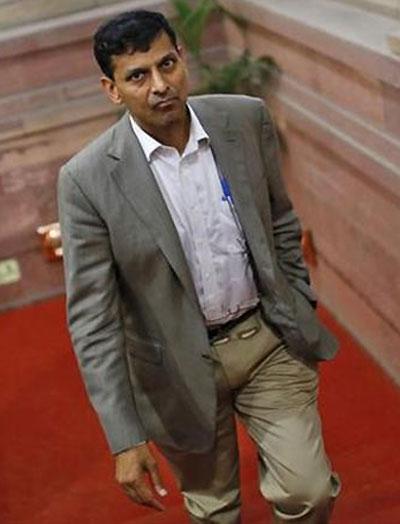
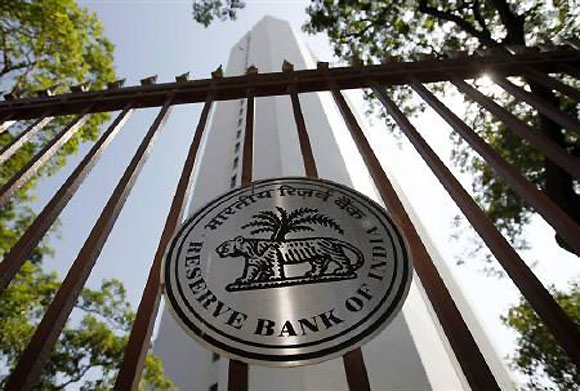
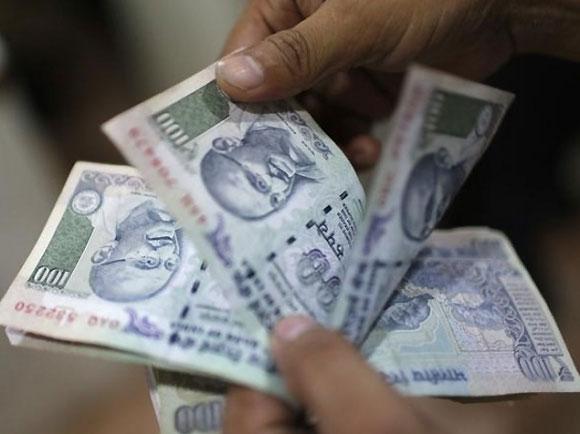


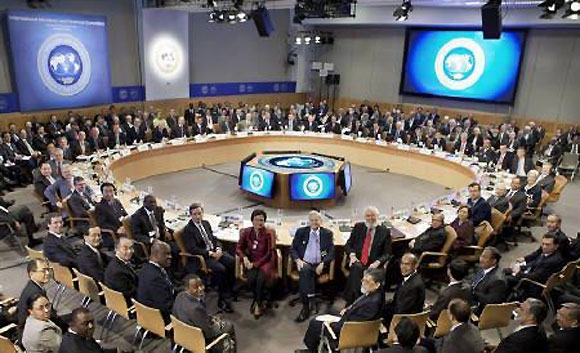
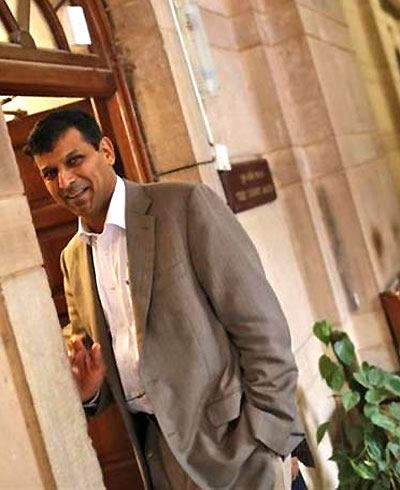
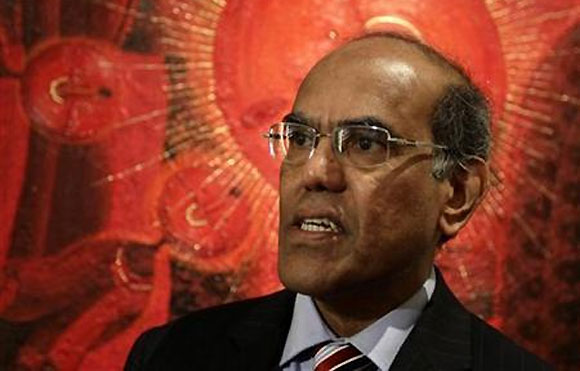


article